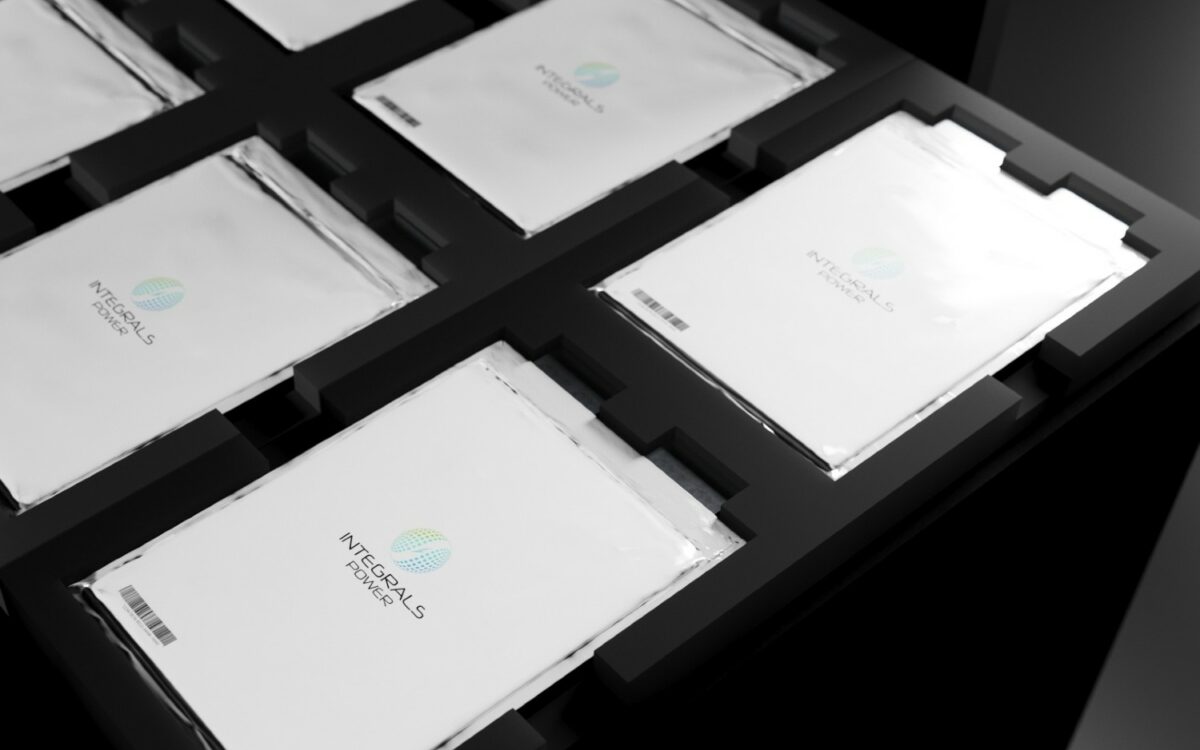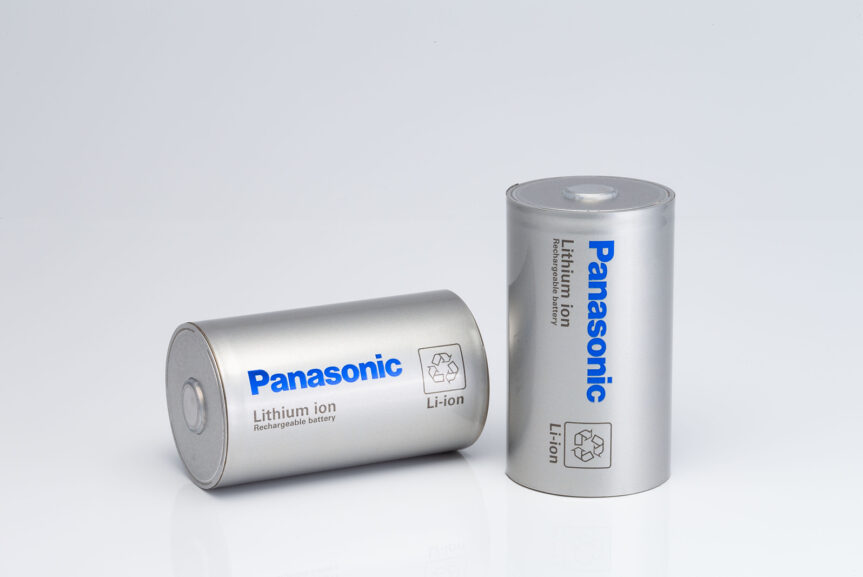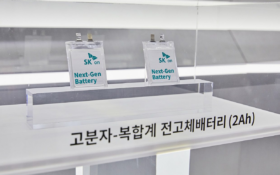The British government’s UK Research and Innovation (UKRI) arm announced investment of £27.6 million ($34.2 million) to support collaborative battery R&D projects.
The awards are from the Faraday Battery Challenge, co-funded by industry and managed on behalf of UKRI.
- REBLEND aims to further develop three processes to directly recover valuable cathode active materials. They will go from production scrap and end-of-life automotive and consumer batteries into automotive batteries
- About:Energy will develop The Voltt – their database of battery model input parameters
- OXLiD is leading a project to accelerate the development, scale-up and commercialisation of quasi-solid-state lithium-sulfur batteries
- The HISTORY– HIgh Silicon content anOdes for a solid-state batteRY – project will further develop a multi-layer, solid-state pouch cell for electric vehicle pack developers
- EXtrAPower– Enabling Xtreme Automotive Power – led by Nyobolt with University of Cambridge, Coventry University and WAE. Nyobolt is bringing to market an ultra-fast charging battery technology.
Professor Pam Thomas, CEO of the Faraday Institution said: “The range of new projects funded by Innovate UK that are based on Faraday Institution research clearly demonstrates the success of our organisation in identifying and pursing battery science and engineering ripe for commercialisation.”
The Faraday Battery Challenge brings together world-leading research, business innovation and scale up of manufacturing to accelerate to develop the latest battery technologies – part of the UK’s move towards net zero.
An additional £211 million in funding was announced in October 2022. This was to exploit the momentum, nationwide learning and industrial support generated since it began in 2017.












